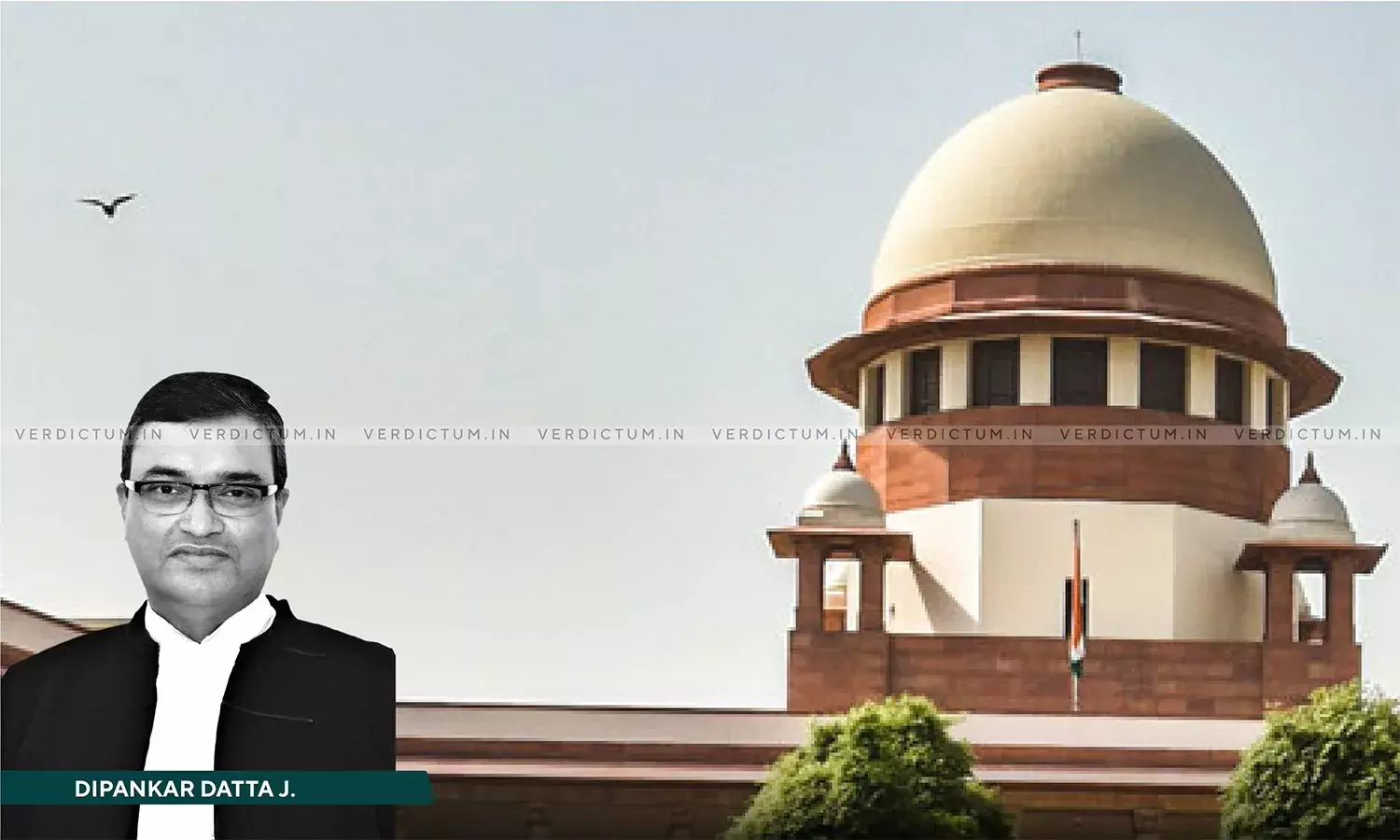Despite Efforts We Hear That Judges Work Only For A Few Hours, During Vacations Also We Are Burning Midnight Oil: Supreme Court
The Supreme Court today took umbrage to criticism regarding the working hours of the Court and its vacations. The Court expressed its view during the hearing of Hemant Soren's plea challenging his arrest by the Enforcement Directorate.
The Bench of Justice Dipankar Datta and Justice Satish Chandra Sharma said, "Unfortunate part Mr. Sibal, you know, despite the efforts that we put in as judges, we have to hear that judges work for very few hours."
Without naming the author, Justice SC Sharma highlighted the article by Economist Sanjeev Sanyal critical of the Court's vacation, and said, "There was a big article last week."
ASG SV Raju remarked, "The Courts are entitled to vacations...as they actually work in two shifts while everybody works in one shift."
Solicitor General Tushar Mehta who was also present in the Court said that the Supreme Court has the most strenuous working hours.
Expressing his angst over the criticism, Justice Datta said, "What are we doing here? During vacations also we are burning our midnight oil. Those people who say these things...if they are part of governance, we would expect that at least in one matter filed either by the Union of India or by the State, the appeals come within time, within limitation. We hardly get a matter which is filed within limitation. In every matter, there is a condonation of delay. Let those persons, who castigate the judiciary, take stock of these things".
Senior Advocate Kapil Sibal also intervened and said, "In any country of the world, no judge works as hard as this. We know that."
The Court was hearing the plea of former Jharkhand Chief Minister and Jharkhand Mukti Morcha (JMM) leader Hemant Soren challenging the arrest, which was dismissed as withdrawn since the cognizance order by the trial court was not produced before the Bench. After heated arguments with the Bench, Senior Advocate Kapil Sibal, for Soren, withdrew the petition as the Court was not convinced that the order taking cognizance was unintentionally not produced before the Court and because the petitioner did not disclose that he had approached Courts below seeking a similar remedy.












